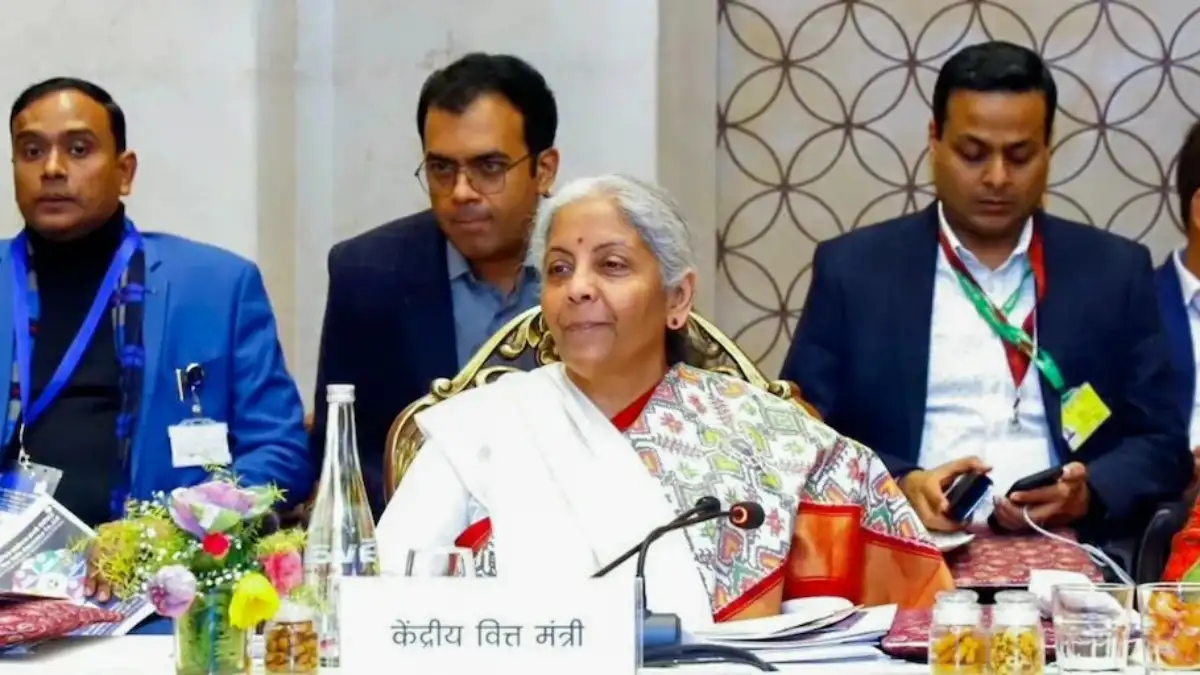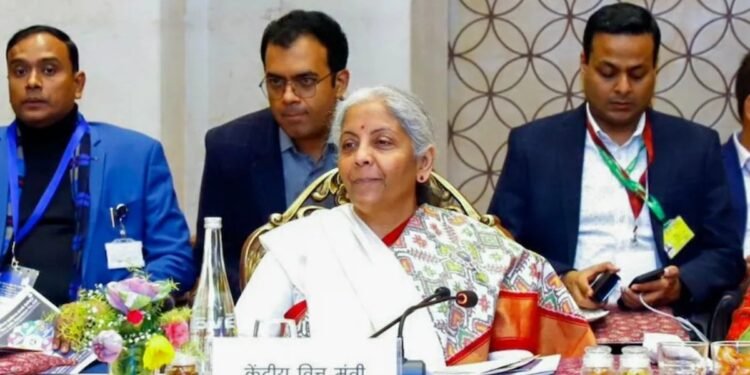
The Goods and Services Tax (GST) Council, chaired by Finance Minister Nirmala Sitharaman, made significant decisions in its 55th meeting, aimed at streamlining the taxation system and curbing tax evasion. However, the council deferred a decision on reducing tax rates for insurance premiums, citing pending inputs, including recommendations from the Insurance Regulatory and Development Authority of India (IRDAI).
Track and trace mechanism approved
In a landmark move, the council approved the implementation of a track and trace mechanism for evasion-prone commodities. This system will affix a Unique Identification Mark (UIM) on specified goods or their packages, enabling authorities to trace them across the supply chain.
To enable this mechanism, an amendment to the CGST Act, 2017, through the insertion of Section 148A, was proposed. The Finance Ministry emphasized that this decision will strengthen the legal framework and enhance the ability to monitor the movement of goods, thereby reducing tax evasion.
Key taxation decisions
- Popcorn GST Clarification: Pre-packed and labelled ready-to-eat popcorn will attract a 12% GST, while caramelized popcorn will be taxed at 18%. The Council clarified that there is no change in the existing rates, and a circular will be issued by the Central Board of Indirect Taxes and Customs (CBIC) to ensure uniform understanding of the taxation regime.
- Fortified Rice Kernel (FRK): The GST rate has been reduced from 18% to 5%, making it more affordable and supporting nutritional initiatives.
- Gene Therapy: GST on gene therapy has been completely exempted to promote accessibility to advanced medical treatments.
- Merchant Exports: The compensation cess on supplies to merchant exporters has been reduced to 0.1%, aligning it with the GST rate on such exports.
- IAEA Inspection Equipment: Imports of equipment and consumable samples by the International Atomic Energy Agency’s inspection teams will now be exempted from IGST, subject to specified conditions.
Other exemptions and clarifications
- Third-Party Motor Vehicle Premiums: Contributions made by general insurance companies to the Motor Vehicle Accident Fund, established under the Motor Vehicles Act, 1988, have been exempted from GST. This fund provides compensation and cashless treatment for road accident victims, including hit-and-run cases.
- Vouchers: The council clarified that vouchers are neither goods nor services and are therefore not subject to GST.
- Bank Penal Charges: Penalties imposed by banks and NBFCs on borrowers for non-compliance with loan terms will not attract GST.
GoM to examine calamity cess proposal
The council also agreed to form a Group of Ministers (GoM) to examine Andhra Pradesh’s demand for a 1% calamity cess on luxury goods to fund disaster mitigation. The cess, if approved, would be state-specific and apply to luxury items. Andhra Pradesh Finance Minister Payyavula Keshav noted that there was consensus on forming the GoM.
This move follows a similar precedent from Kerala, which imposed a 1% calamity cess in 2019 to fund flood rehabilitation efforts.
Procedural reforms
- Pre-Packaged Commodities: The definition of pre-packaged and labelled goods has been updated to align with the Legal Metrology Act, covering commodities intended for retail sale up to 25 kg or 25 litres.
- Online Services Compliance: Suppliers of online gaming and other OIDAR services to unregistered recipients must record the recipient’s state on tax invoices, which will serve as the “address on record.”
- Pre-Deposit for Appeals: The council recommended reducing the pre-deposit requirement for penalty-only cases to facilitate ease of filing appeals.
A step towards simplification
The council emphasised that circulars will be issued to address ambiguities and disputes in GST compliance. Finance Minister Nirmala Sitharaman hailed these reforms as steps towards simplifying the GST regime, improving compliance, and enhancing enforcement.
“These decisions will provide much-needed clarity, strengthen the legal framework, and ensure a taxpayer-friendly ecosystem,” Sitharaman said.
The GST Council’s latest decisions reflect its commitment to refining India’s taxation system, bolstering revenue collection, and addressing industry concerns.


